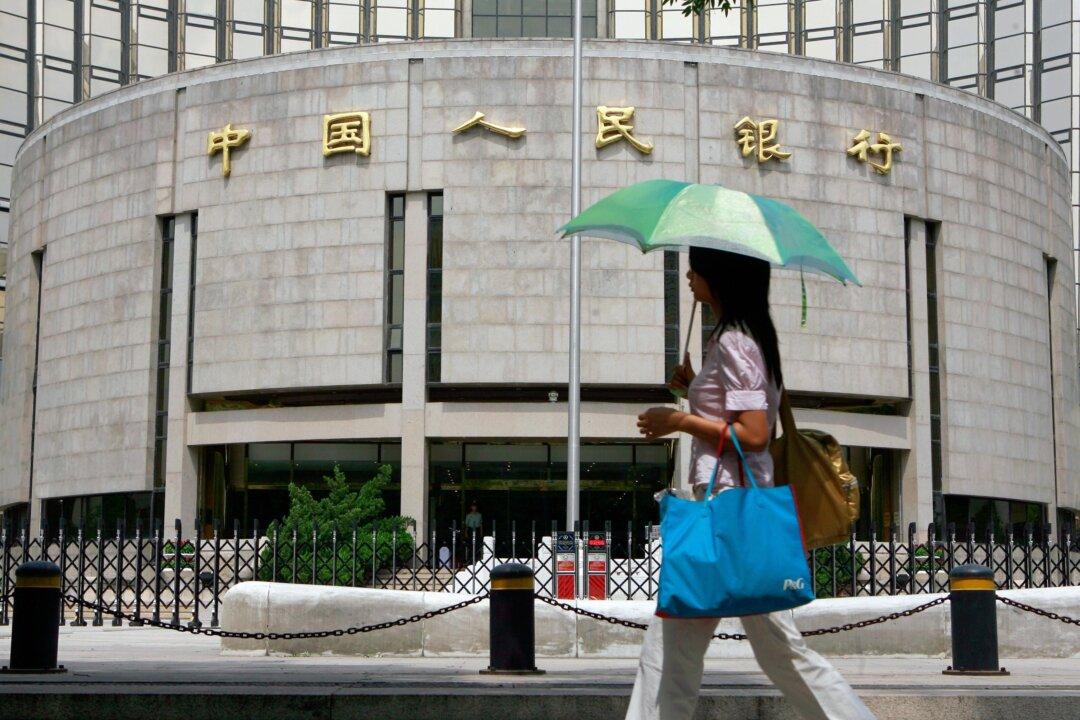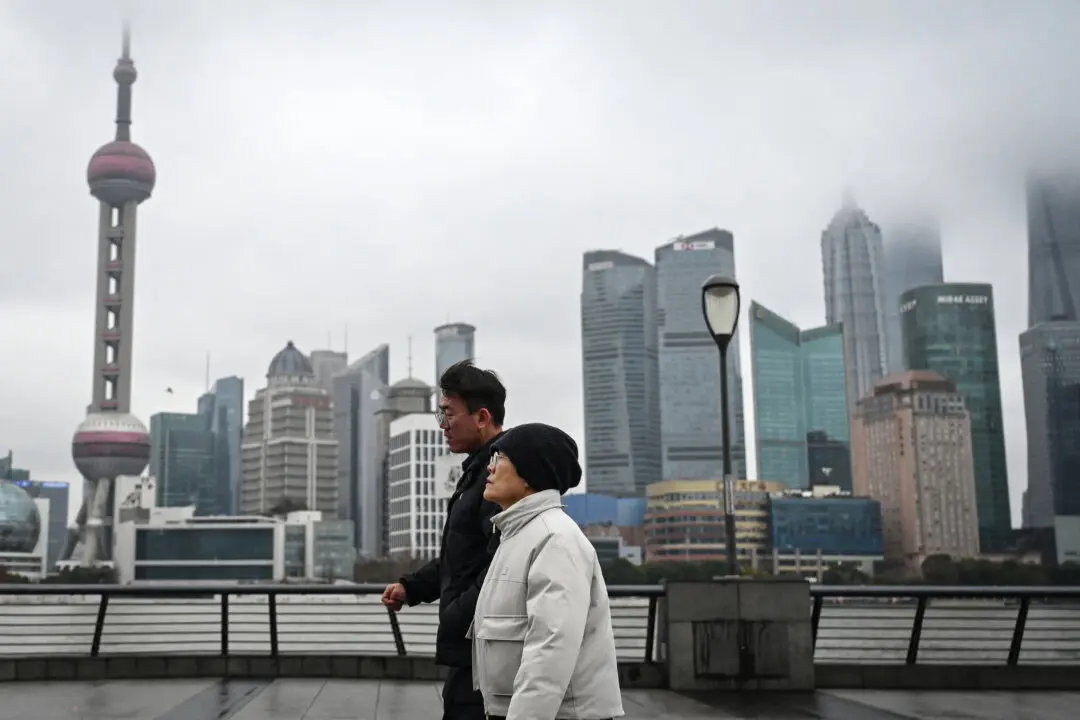The Chinese communist regime’s Ministry of Finance released the local governments’ bonds and debt balances for this year on its website on Nov. 23. As of the end of October, the local government debts balance was $4.64 trillion.
Mainland Chinese media Securities Times and Tencent Finance jointly released the “China Cities Debt Ratio Ranking,” showing that most major cities in China have debt ratios exceeding 200 percent, and the debt ratios of some cities in underdeveloped regions are particularly high. In 2020, 85 cities had debt ratios exceeding 100 percent. Beijing and Guangzhou have debt ratios exceeding 200 percent. The debt ratio of Guiyang is as high as 929 percent, making it the most indebted city in mainland China.




